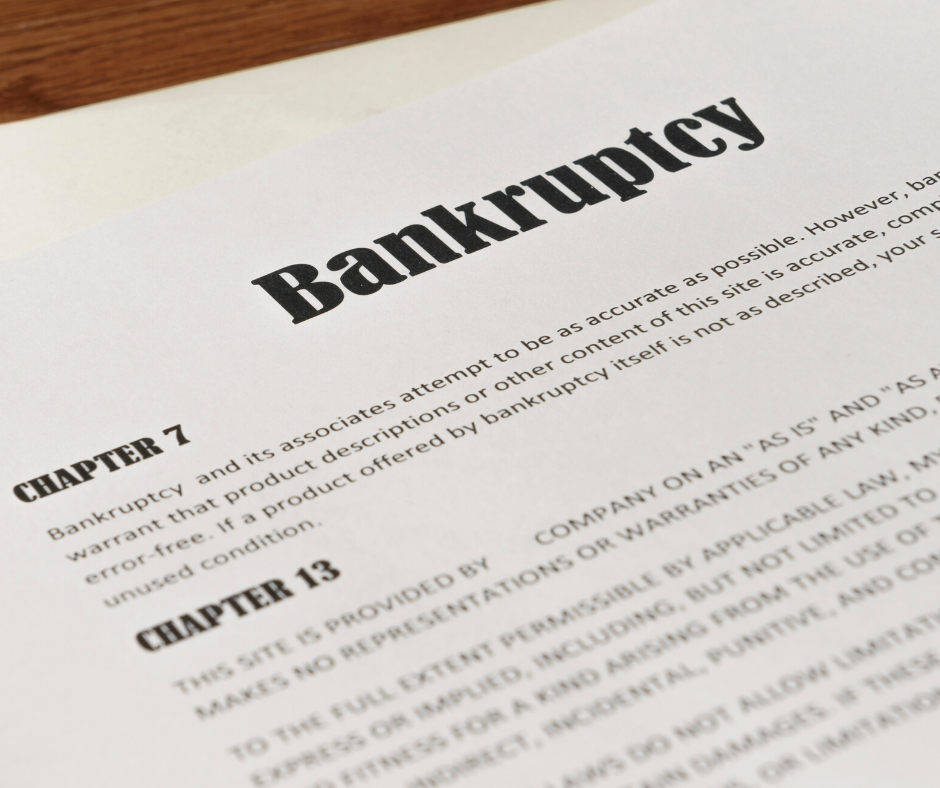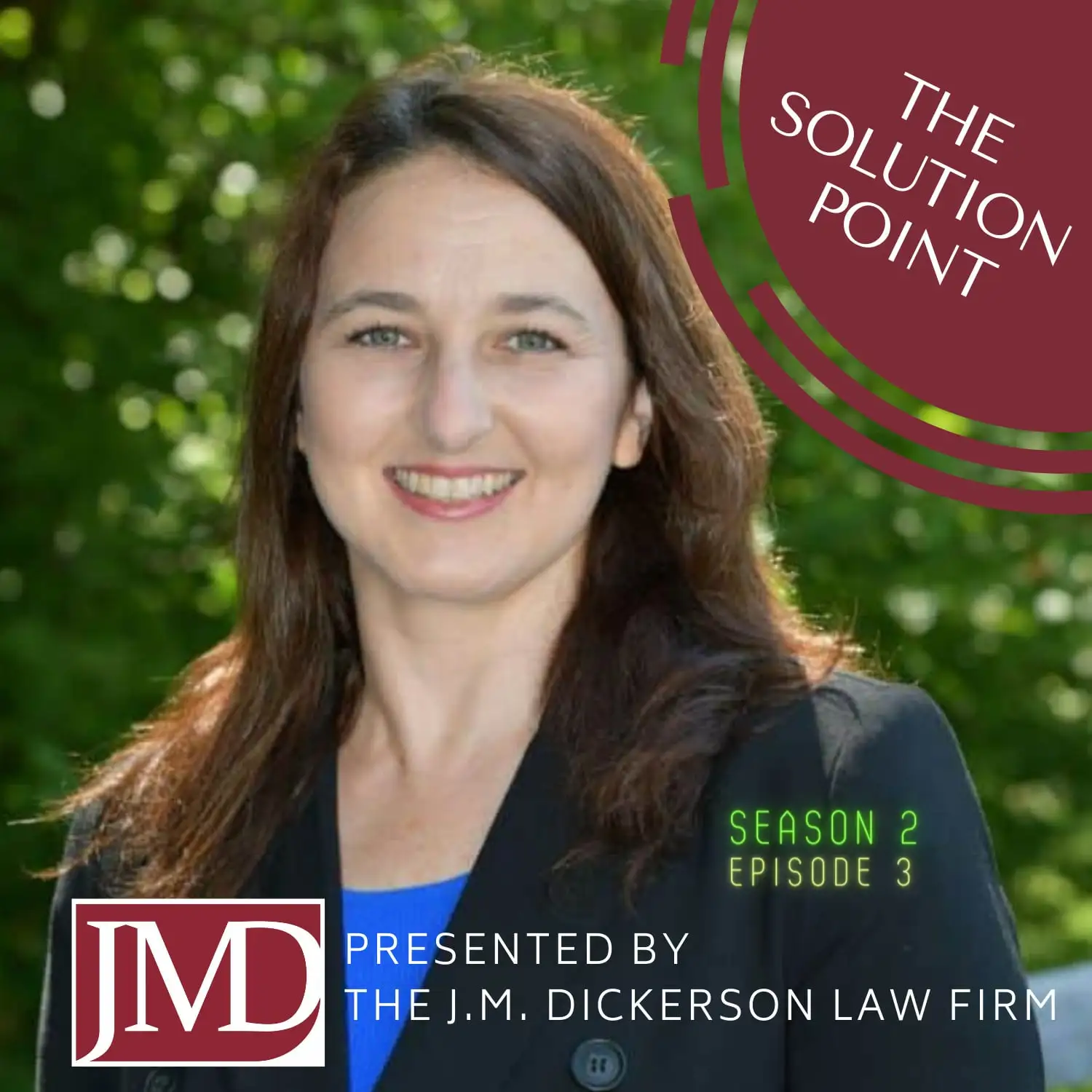Chapter 13 bankruptcy, also known as the wage earner’s plan, is a debt relief option available to debtors who don’t qualify for a Chapter 7 bankruptcy or want to be able to keep their home and car in bankruptcy. It’s the bankruptcy option for individuals whose main issue is not a lack of income, but meeting the demands of the creditor for immediate payment.
Under bankruptcy Chapter 13, a debtor has three to five years to repay all or a portion of their debts according to the reorganization plan for their bankruptcy case. By coming up with a plan to restructure their debts and make monthly payments over a long period, bankruptcy petitioners can catch up on missed loan and mortgage payments while eliminating their unsecured debt.
If you’re considering bankruptcy but aren’t familiar with the different types of bankruptcy, speak with a local bankruptcy attorney and to learn which type of consumer bankruptcy best fits your situation.
Who can File
Debtors who wish to file for personal bankruptcy under Chapter 13 should meet the following criteria:
- You should have the means to pay eligible debts in your repayment plan and provide documents to prove your ability to do so.
- Your tax filings should be current, and you shouldn’t have back taxes or unpaid taxes.
- Your unsecured debts, such as credit card debt and medical bills, should not exceed $394,000.
- Your secured debts, such as mortgage arrears and car loans, should not exceed $1,184,000.
 You need to provide paperwork proving that you meet these criteria along with your bankruptcy petition. The following are the documents you need to present:
You need to provide paperwork proving that you meet these criteria along with your bankruptcy petition. The following are the documents you need to present:
- Your source of income (i.e. pension; royalties, rent, and proceeds from a property sale; Social Security benefits; or unemployment compensation); and
- Your state and federal tax returns for the past four years.
If you have filed for bankruptcy in the past, talk to a bankruptcy lawyer to know whether you’re eligible to file for bankruptcy.
How to File
The first thing you need to do is to fill out the bankruptcy forms and provide all the necessary paperwork for your bankruptcy petition. You can get a bankruptcy petition preparer or hire a bankruptcy attorney to help you accurately complete the bankruptcy petition. Some of the information you need to provide in your bankruptcy filing include:
- Your monthly income and proof of your source of income;
- Your monthly living expenses;
- List of all your creditors and the amount of their claims;
- List of all your property;
- List of your assets and liabilities; and
- Your tax returns.
Before filing bankruptcy petitions, you also need to complete a credit counseling course from an approved credit counseling agency and obtain a certificate of completion for filing.
To file for bankruptcy, you need to submit your bankruptcy petition and credit counseling certificate to the bankruptcy court and pay the appropriate filing fees. A bankruptcy trustee will be assigned to your case shortly after filing, and they may request documents to provide additional information regarding your bankruptcy case.
After filing bankruptcy, you need to draft your proposed repayment plan. This involves restructuring your debts to come up with a repayment plan that’s within your disposable income. Your proposed payment plan will be evaluated by a bankruptcy judge in your scheduled bankruptcy hearing. A creditor may raise objections before and during the hearing, but the court will have the final say in implementing the plan.
Once your repayment plan is confirmed, you should strive to meet the monthly payments you and your creditors agreed on. You’re not allowed to have late or missed payments, but you can pay in advance if you wish to receive your bankruptcy discharge earlier.
If your financial situation changes and you won’t be able to meet your plan’s requirements, you can file a motion to modify your plan. Make sure to inform your bankruptcy trustee if you wish to make any modifications to the repayment plan.
Before you complete the plan, you’ll need to take a debtor education course to be able to declare bankruptcy. When you receive the declaration of bankruptcy, your debts are wiped out and your Chapter 13 case will be discharged.
Hiring a Bankruptcy Attorney
The bankruptcy process can be complicated for individuals who aren’t familiar with bankruptcy laws, but it can give you the financial fresh start that you’re looking for. If you’re struggling with debt and you think that filing bankruptcy is the debt-relief option for you, call us today at Karina Lucid Law and get the legal assistance you deserve!


